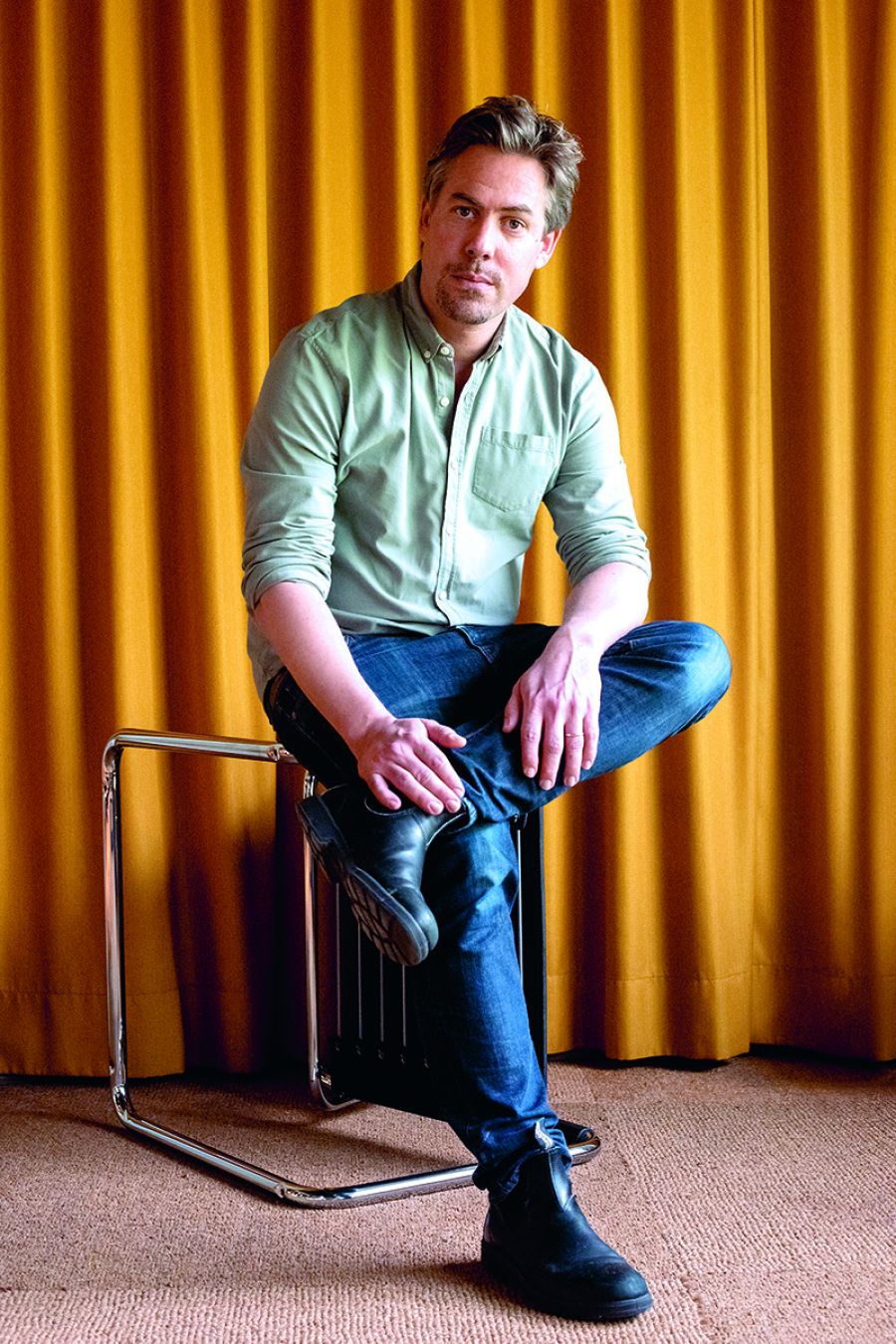Sie tragen das Kreuz - Deutsche Oper Berlin
What moves me
They bear the cross
Blood, pain, tears, destruction. In the end, a person dies so an idea can live on. Director Benedikt von Peter takes an enlightening look at Bach’s MATTHÄUS-PASSION
MATTHÄUS-PASSION tells the story of Jesus Christ’s last days, up until the crucifixion itself, whereupon the story ends. There is no burial, no resurrection, and all that remains is the symbol of suffering and pain.
The question is: why? Operas from the 19th and 20th centuries are rife with similar narratives. They tell of death and martyrs, and bodies are destroyed so that an idea can grow. A couple dies for love to live on. A hero is executed, and the revolution becomes greater. We are surrounded by these stories, we grew up with them, and they are culture, history, and the ground we stand on.
At 2000 years old, the story told in MATTHÄUS-PASSION is one of the oldest such tales, and destruction is the throughline of the station drama. On his way to the crucifixion, Jesus traverses various scenes, and archaic values take shape in his reaction (or lack thereof): humility, devotion, forgiveness, mercy. The theatrical passage along this path has become a communal ritual overt he centuries, a system of values from a story that is not well represented in the West. How can this story be reproduced in such a way that it can be experienced, including its ambivalence?
Johann Sebastian Bach himself - who not only put Jesus' path to music, but also gave it a physical embodiment - provides the answer. He split the orchestra and choir for the premiere at the Thomaskirche in Leipzig in 1727, and placed them opposite each other in the room. The audience finds itself in the middle of this musical text and within the music itself, and ritual gives rise to community. We have condensed this theatrical architecture and placed the choirs and orchestra in four different spots in the shape of a cross.
We've invited members of amateur choirs to sit in the "audience" and sing along from there. On the seats are lyrics and sheet music so that we can invite the audience to sing with us at two different points. MATTHÄUS-PASSION fell into obscurity following Bach's death, but martyr stories continued to be told in various ways in further operas. The Passion underwent a renaissance through oratory-loving singing groups that formed among Berlin's young middle class in the mid-18th century. Many of these societies held different ideas on nationality, resulting in the dawn of nationalism and, eventually, antisemitism.
We have children perform the scenes of the Passion so that we can see the ambivalence within this ritual, this history, the question of why stories of victims are so fundamental to our culture, and what this ultimately means. In the middle of the theatre, at the centre of the cross that the orchestra and choir form, is a stage. Here the stations of the cross play out up until the crucifixion of Jesus, who is also played by a child. Some of the children question this sequence of events at one point, break away from the performance and celebration of values, and reject the victim story. This is not dissimilar to the current generation, including Greta Thunberg, and how they reject their own attributed role as victims.
The child actors create the distance necessary to observe the story. But they also create a closeness, an empathy, and make the ritual more effective while opening up the ambivalence of the piece itself.
A lot happened during the performances in Basel. They were impressive, and at times even eerie. The theatre was full of people, music, and singing – and in the front, in the middle of the goings-on, the children who carried the production with concentration, trust, and dedication. Some people, including many who were older, were moved to see and experience a “St. Matthew Passion” that means a lot to them being performed by children, and how seriously they take “the game”.
Others, including many anti- or non-religious viewers, found it difficult to bear even being present for this brutal story, to realise what type of narrative this is that we’re always telling ourselves: A story of the eternal cycle of martyrdom. A married couple came up to me, shocked, and said, “This is our Bach, whom we know and love, and we’re singing along while those children up there are performing it.”






